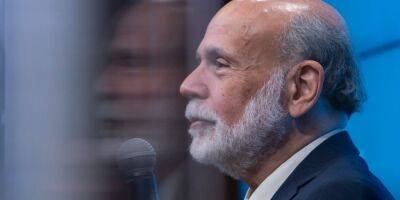From barristers to bin collectors, strikers are working to empower us all
After weeks of indefinite strike action, 57% of the Criminal Bar Association’s members who voted on the government’s pay deal decided to accept a 15% increase in legal aid fees. It may sound generous but, as one barrister who voted against tells me, “in light of a previous 28% pay cut and rising inflation, it’s insufficient in my view”, which is why the demand was a 25% hike.
As the bestselling author who operates under the pseudonym The Secret Barrister puts it, “it is not going to bring back the 25% of criminal barristers who have left, nor is it going to persuade the juniors earning £12,000 a year to stick around”. There have been concessions, secured solely entirely by strike action – such as a backdated increase in payments, previously dismissed by the Ministry of Justice as legally impossible – but there is no confidence in the independence of a new pay review body. A return to strike action in the future is all but inevitable.
That the barristers’ struggle has not yet secured its ultimate goals is disappointing, but there is hope. According to figures by Unite – the country’s biggest private sector trade union – 221 industrial disputes have been resolved in the favour of workers since August 2021: a win rate of 81%. In August, the union won hundreds of Heinz workers a pay increase worth 11%, plus three more days off at Christmas. When British Airways took three days of holiday pay away from its 2,000 engineers, it underestimated their capacity to fight back: the threat of strike action forced them into retreat. That came not long after the airline was forced to give thousands of the airline’s staff – from cabin crew to baggage handlers – an average 13% pay rise.
Labour may have been founded as the political wing of
Read more on theguardian.com























